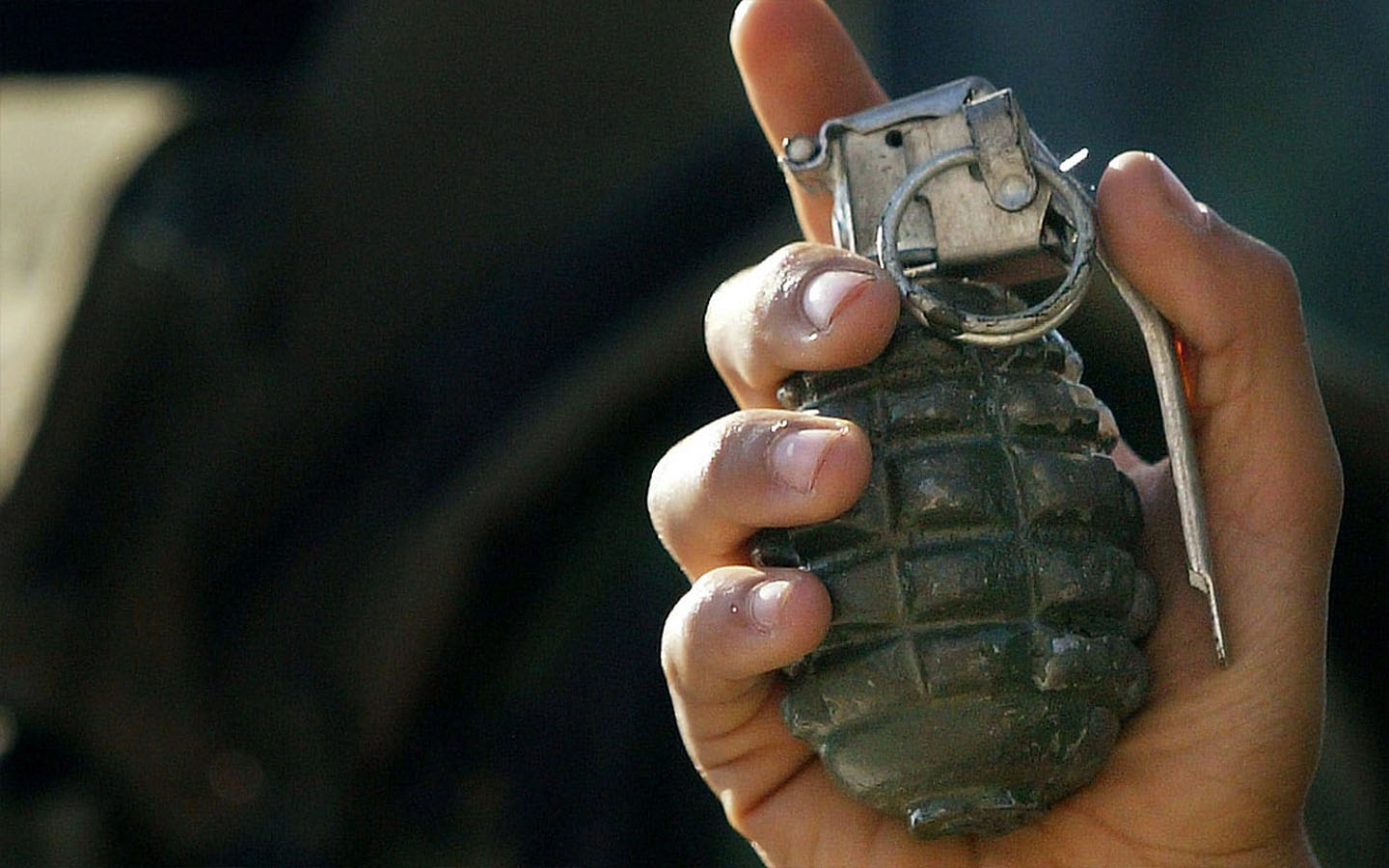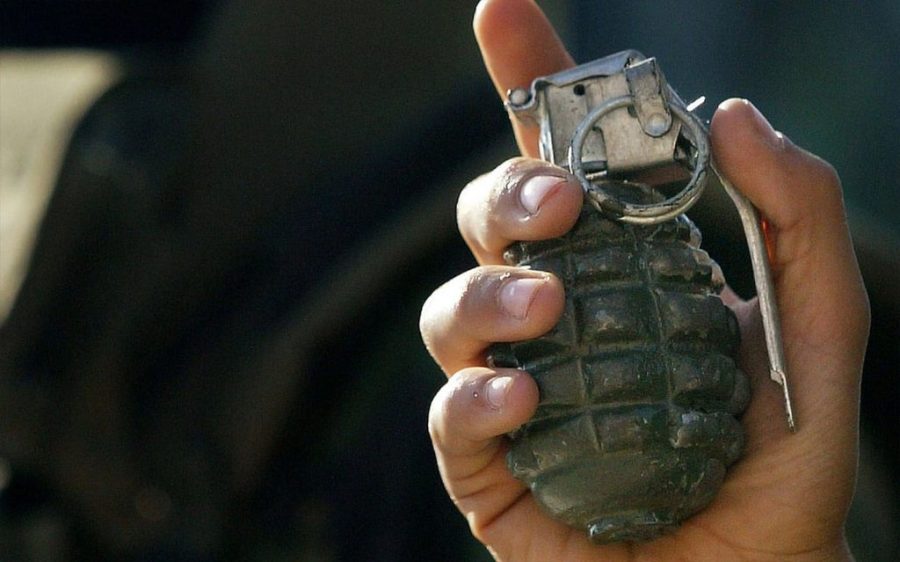Three children are dead and six others injured after a grenade exploded in the province of Luanda, marking the 10th accidental explosion in Angola this year.
According to reports, a group of children found the hand grenade in a trash can in the Boa Esperança neighbourhood of Cacuaco and brought it home along with other scrap metal. Not knowing what it was, one of the boys pulled the fuze and within seconds the grenade detonated, killing three children and injuring six, four of them sustaining serious injuries.
It is the first accident in Luanda this year, but far from the first in Angola. The provinces of Lunda Norte, Huambo, Cuando Cubango, Cuanza Norte, Cunene and Bié have all recorded accidents with explosive devices in 2024.
[See more: It will cost US$238 million to completely rid Angola of landmines]
In the first six months alone, Leonardo Sapalo, director of the National Mine Action Agency (ANAM) told reporters, Angola recorded 13 injuries and 10 deaths. Most of the victims are children, either young children who often play with these devices or teenagers collecting scrap metal. While awareness campaigns about the danger of mines and explosives continue, Sapalo admitted that they must do more to ensure that “information is increasingly comprehensive” for residents.
More than two decades since the end of its civil war, Angola still has a record of more than 1,000 areas totalling 70 million square metres that are mined, with sites spread across a dozen provinces. Diminished financial resources have slowed down the demining process in the country, which Sapalo said has plenty of human and material resources available but requires some US$238 million dollars if it is to demine at least 85 percent of known mined areas over the next two and a half years.
Still, Sapalo was quick to highlight the countries that continue to be Angola’s largest financial partners – namely, the US, UK, Belgium, Norway and Japan – as well as organisations like the Halo Trust, MAG, APOPO, Norwegian NGO Popular Aid and Angolan organisation Apacominas, which have done so much to help.






